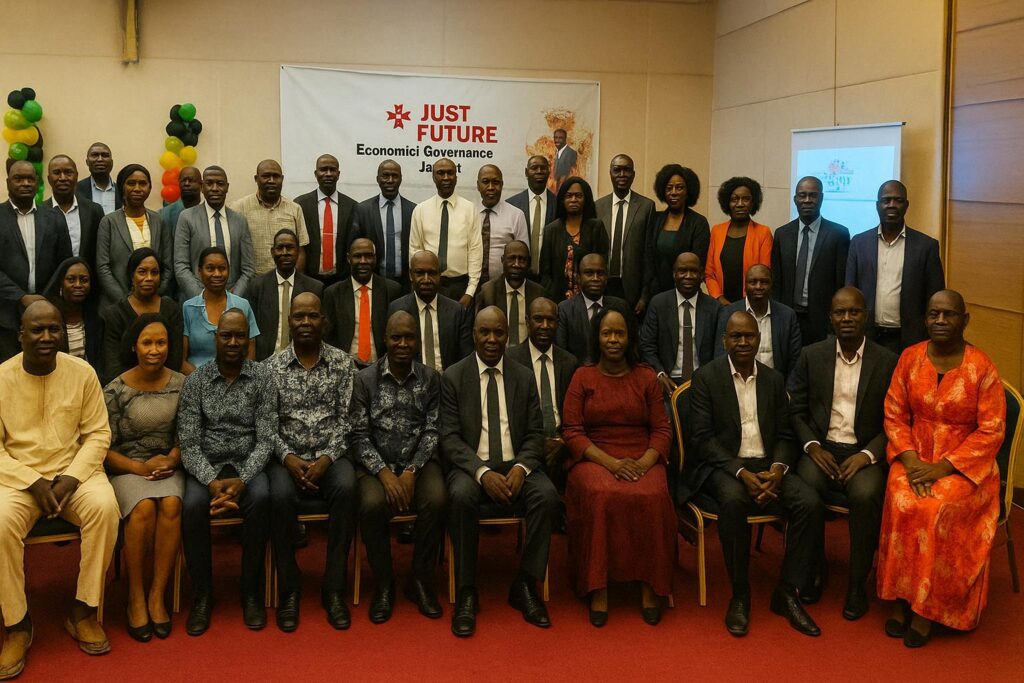Five-Year Journey to Justice and Peace
In Juba, Cordaid and its partners drew the curtain on the five-year Just Future Project, funded by the Dutch Ministry of Foreign Affairs.
Operating in Central Equatoria, Eastern Equatoria, Jonglei and Western Bahr El Ghazal, the consortium sought to widen access to justice, nurture social cohesion and advance inclusive governance.
Friday’s closing event carried the theme “Stories of Impact: Building a Just Future Together”, underlining a commitment to keep the momentum alive.
Ordinary Citizens, Extraordinary Roles
Country Director Tom Otieno hailed “ordinary citizens stepping into extraordinary roles”, noting women mediators, youth advocates and neighbours tackling disputes before violence takes root.
He underlined that the project became “a beacon of hope, opportunity and a voice for those who are often unheard”, urging communities to carry its vision forward.
Policy Wins and Community Dialogues
Country Coordinator Bashir James listed policy reforms, legislative advocacy and security dialogues connecting citizens with uniformed services and lawmakers.
A tailored toolkit now supports Women Human Rights Defenders, while advocacy videos and a documentary amplify voices affected by injustice.
James stressed that strengthening local institutions ensures advocacy continues after donor exit, anchoring gains within South Sudanese structures.
Grassroots Testimonials of Change
In Yei, mentor programmes and legal awareness helped resident Amani Prosy watch women and youth join community policing and decision-making.
From Kapoeta, Roseline Nakopir said women now report violations confidently and convene dialogues with local authorities.
In Jonglei, James Manyang credited the project with boosting social capital and smoothing channels to resolve community grievances.
Sustaining Impact After Closure
Peace-building Undersecretary Pitia applauded Dutch generosity and urged beneficiaries to safeguard the progress registered.
Cordaid estimates more than 12,000 people, chiefly women and internally displaced persons, felt direct benefits.
Closing remarks stressed collective responsibility: empowered communities and strengthened alliances must now carry the Just Future flame beyond project timelines.


